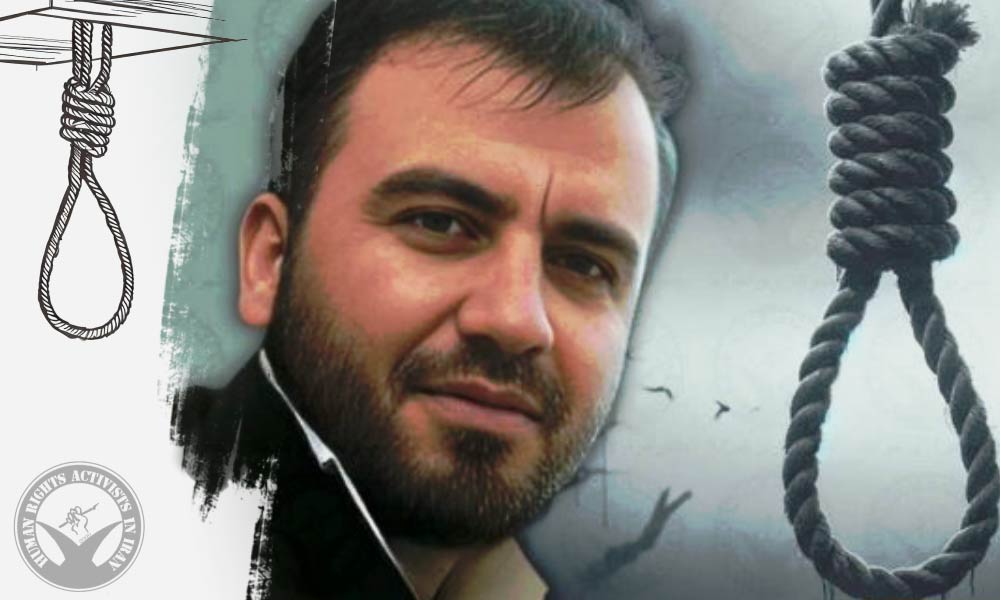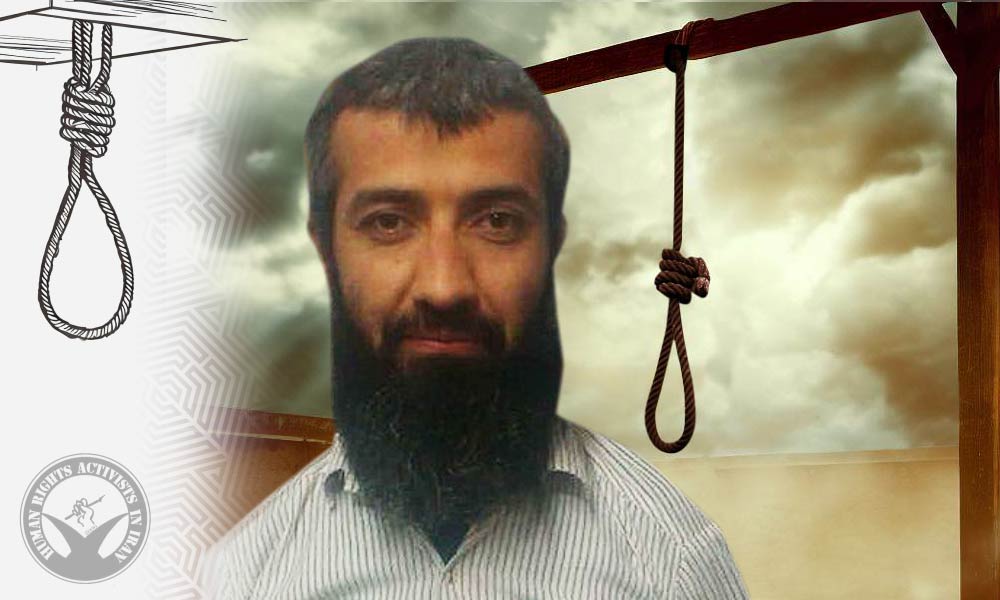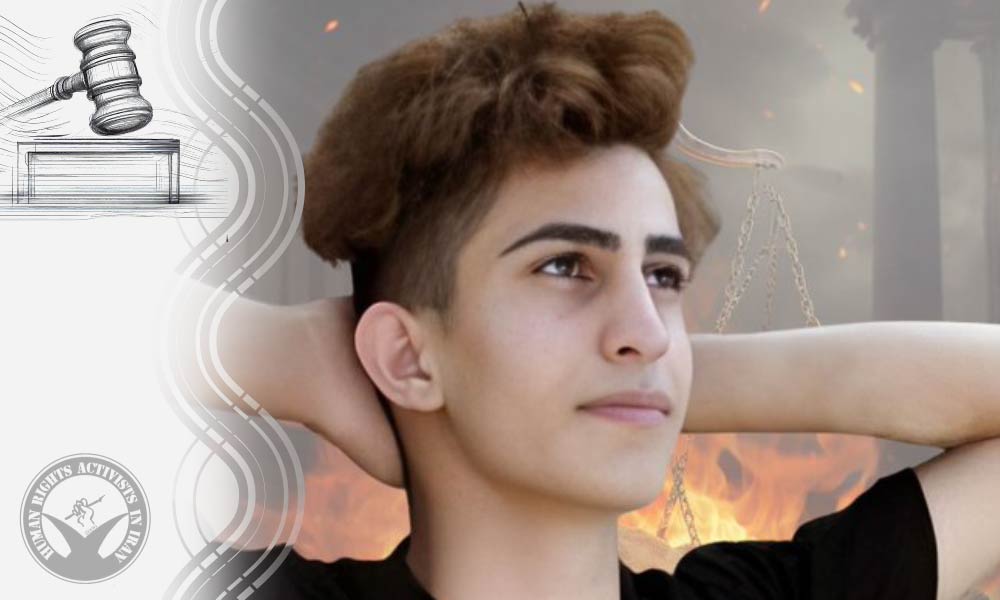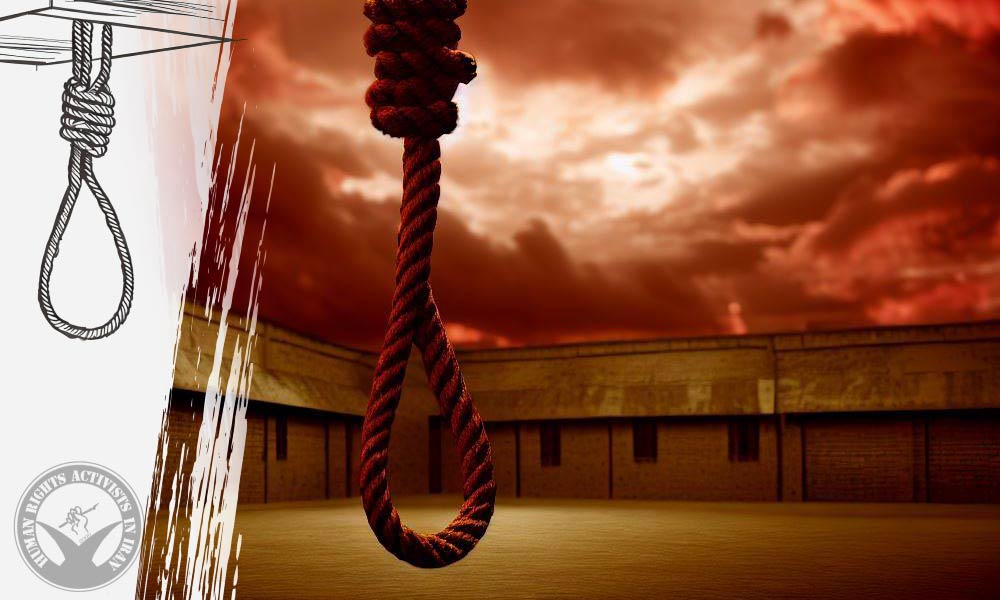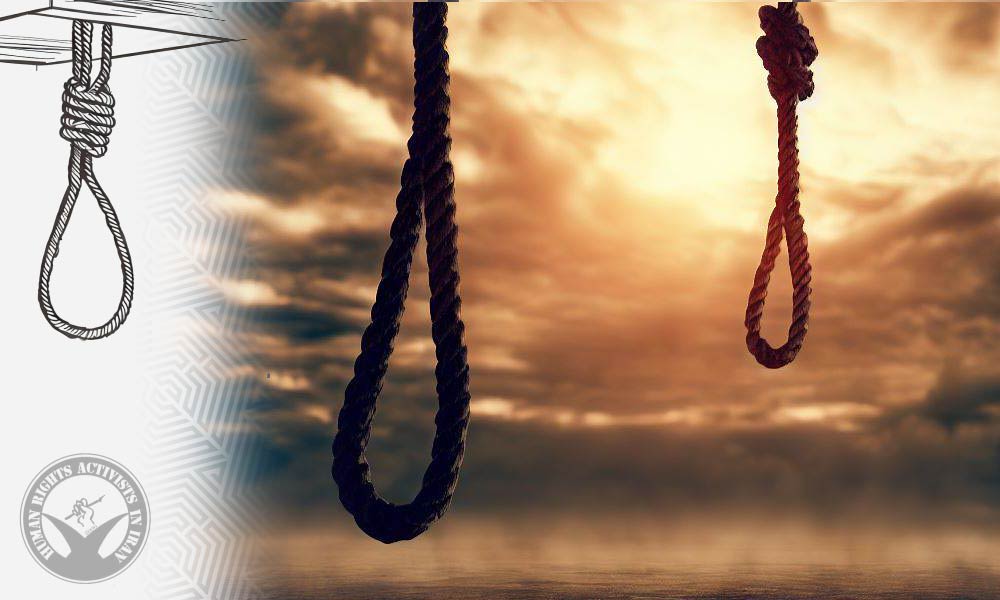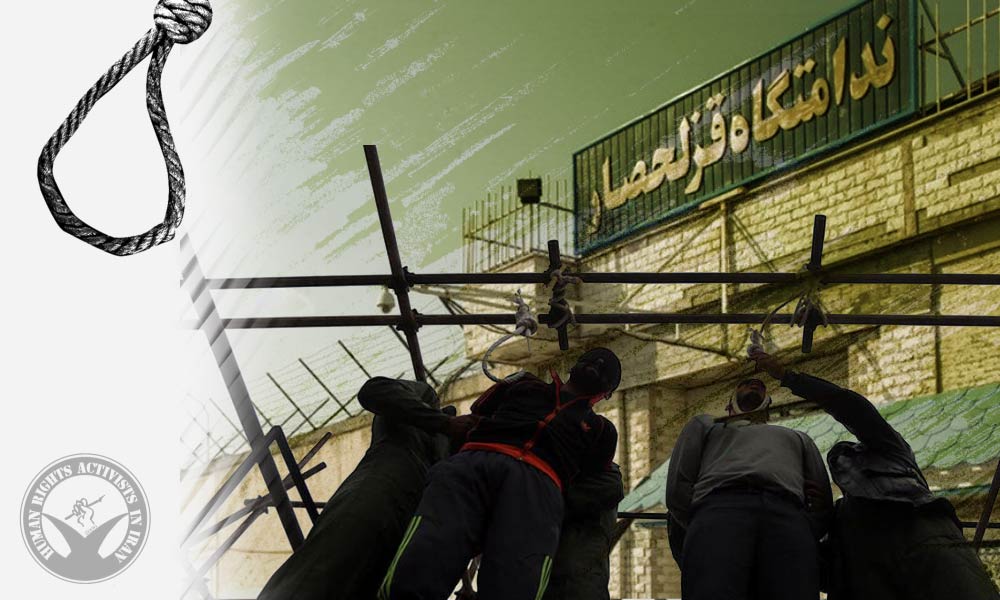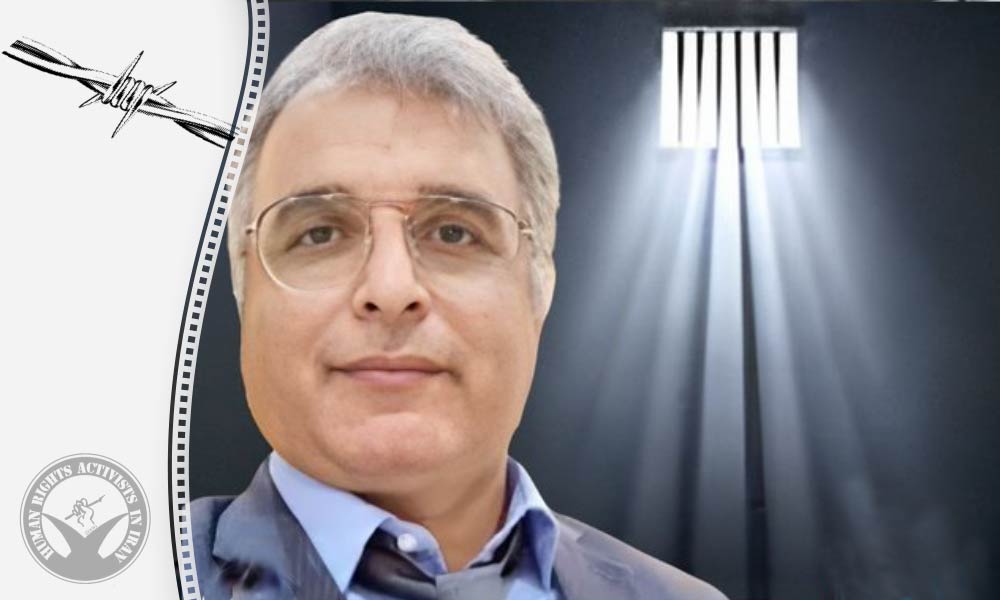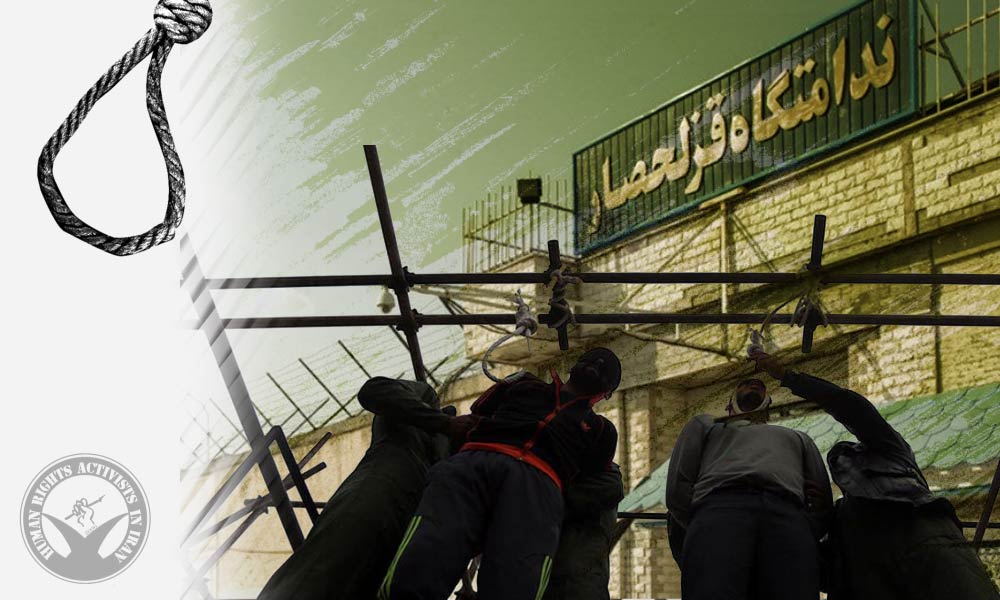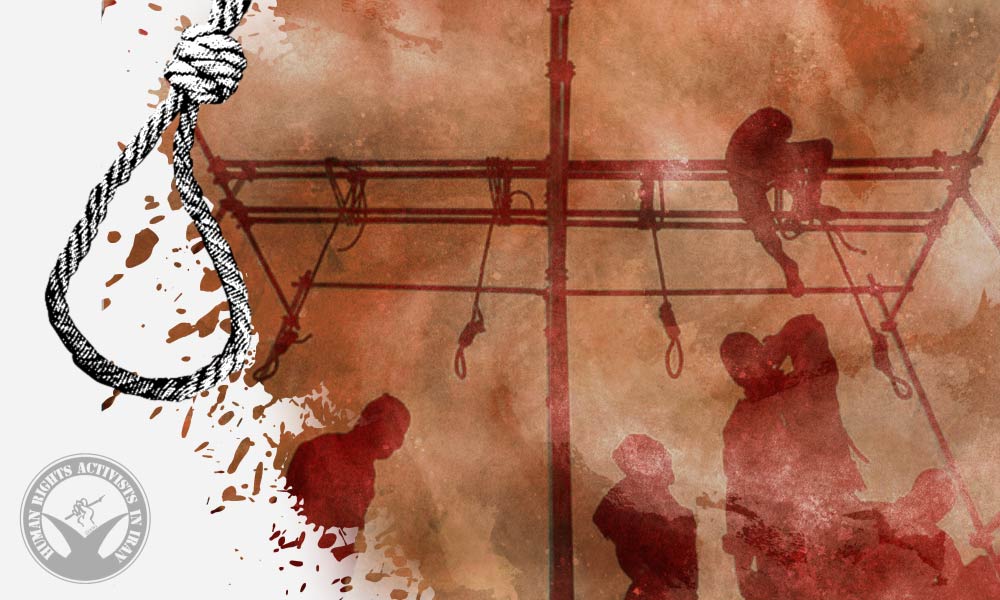On January 2, 2024, Davoud Abdollahi, a Sunni prisoner, was executed in Ghezel (Qezel) Hesar Prison, Karaj, marking the end of his 13-year incarceration.
A source close to his family informed HRANA that the execution occurred without prior notice to his family. Abdollahi had been transferred to solitary confinement on December 26, following a hunger strike he initiated.
In a related legal case, two other Sunni defendants, Ghasem Abasteh and Ayoub Karimi, were executed on November 5 and November 29, 2023, respectively.
The origins of the case date back to September 2008 when Abdolrahim Tina, the Imam of a mosque in Mahabad, was assassinated by unidentified individuals. In January-February 2010, Abdollahi and six other Sunni suspects were arrested in connection to the assassination.
While in detention, Abdollahi faced multiple charges, including enmity against God (Moharebeh), allegedly through sympathizing with Salafism—a charge he consistently refuted. After spending fourteen months in legal limbo, Abdollahi was transferred to Rajai Shahr Prison, Karaj, where he remained until his relocation to Ghezel Hesar Prison in August of the current year.
Initially sentenced to death by Branch 28 of the Tehran Revolutionary Court, presided over by Mohammad Moghiseh, the verdict was later overturned by the Supreme Court. The case was then assigned to Branch 15 of the court, presided over by Judge Salavati, who reinstated the death sentences for Abdollahi and six others—Anvar Khezri, Kamran Sheikheh, Farhad Salimi, Khosro Besharat, Ghasem Abasteh, and Ayoub Karimi. This time, the Supreme Court confirmed the death sentences for him and his co-defendants.



